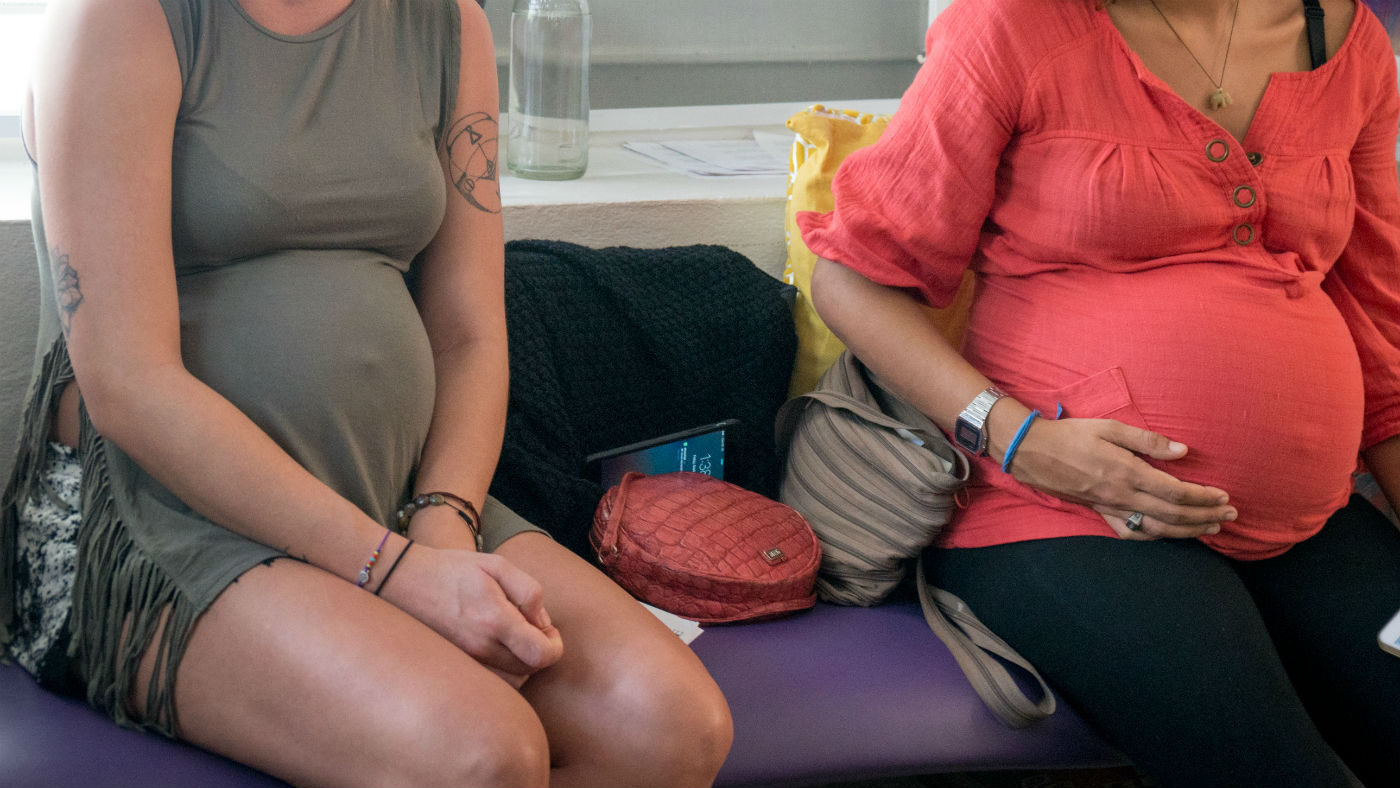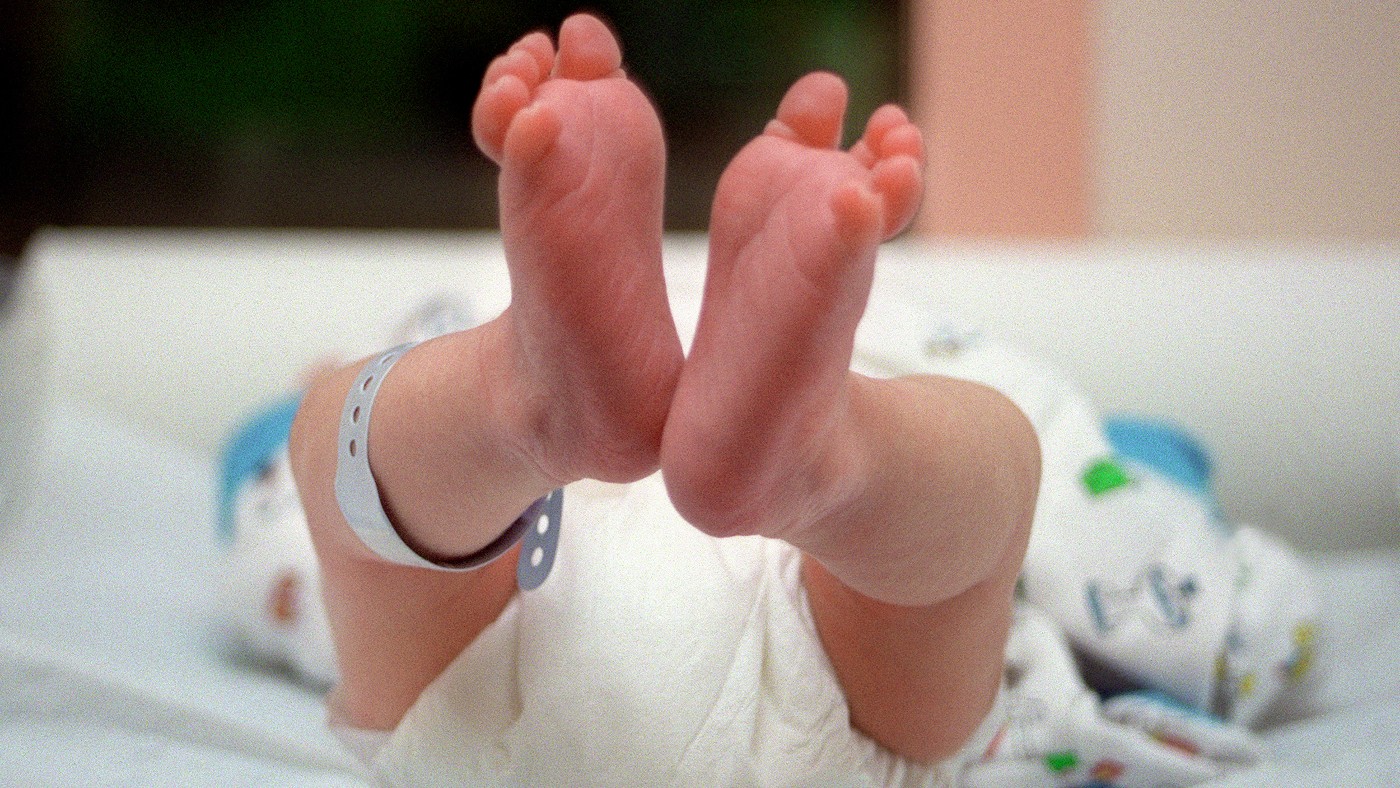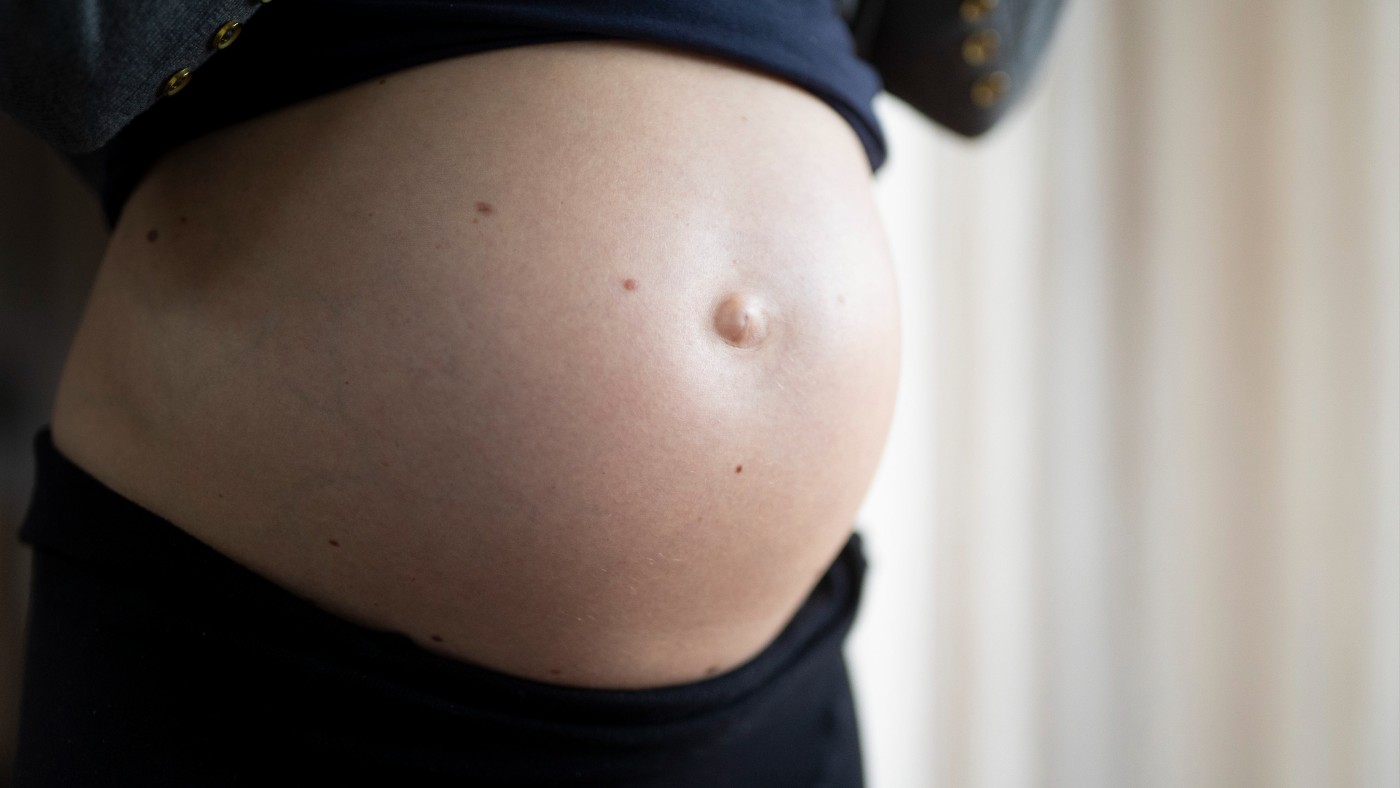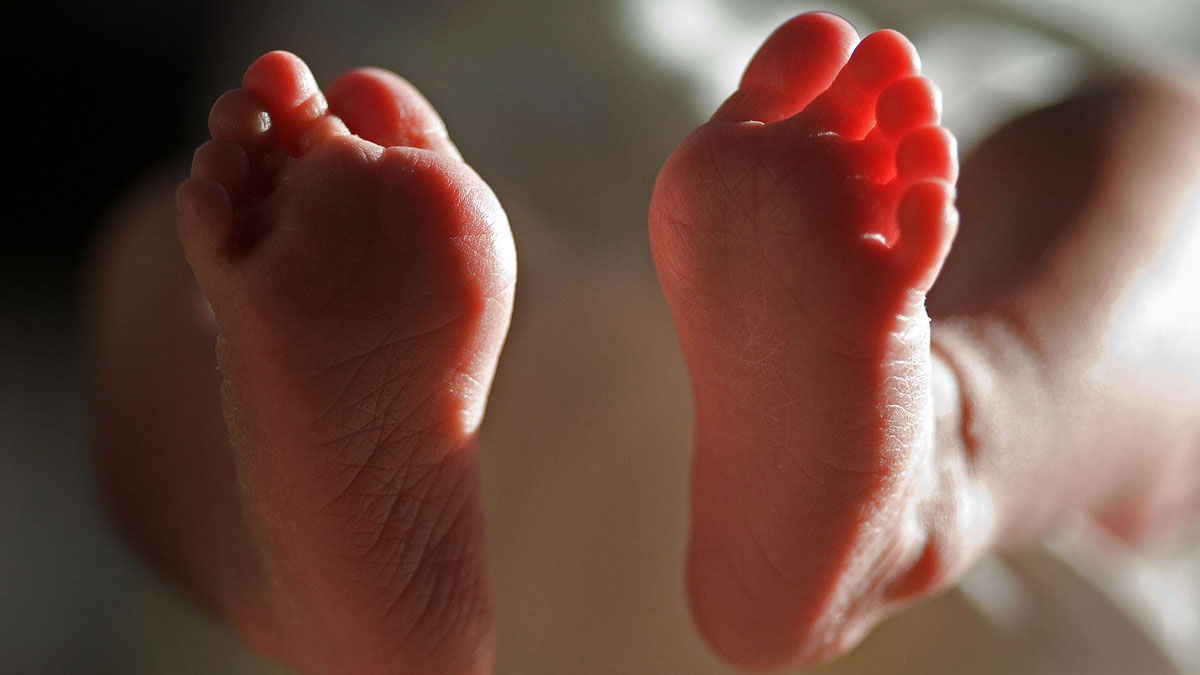How long to wait before getting pregnant again
New research finds that gap of less than a year increases risk of premature birth

A free daily email with the biggest news stories of the day – and the best features from TheWeek.com
You are now subscribed
Your newsletter sign-up was successful
Women should wait at least a year between giving birth and conceiving another child, according to a new scientific study.
The research, published in the journal JAMA Internal Medicine, found that shorter gaps between pregnancies risk premature births, smaller babies, and infant and mother mortality.
Risks to the mother were found only for women over the age of 35, while risks to the infant were increased at all ages but were greatest among younger women.
The Week
Escape your echo chamber. Get the facts behind the news, plus analysis from multiple perspectives.

Sign up for The Week's Free Newsletters
From our morning news briefing to a weekly Good News Newsletter, get the best of The Week delivered directly to your inbox.
From our morning news briefing to a weekly Good News Newsletter, get the best of The Week delivered directly to your inbox.
The study is the most extensive evaluation yet of how the role of pregnancy spacing could be impacted by maternal age, according to the Nursing Times.
The researchers, from the University of British Columbia and the Harvard T.H. Chan School of Public Health, looked at data on almost 150,000 births in British Columbia, Canada.
They found that among women over 35 who conceived within six months of a previous birth, there was a 1.2% risk of maternal mortality or harm - equivalent to 12 cases per 1,000 pregnancies, the BBC reports. Waiting 18 months between pregnancies appears to reduce that risk to five cases per 1,000 pregnancies.
Risks for infants conceived within a year of their sibling’s birth was found for women of all ages but was greater among mothers aged between 20 and 34. This age group had an 8.5% risk of premature labour if they conceived within six months after a previous birth, dropping to 3.7% if they had waited 18 months.
A free daily email with the biggest news stories of the day – and the best features from TheWeek.com
The lead author of the new study, Dr Laura Schummers, said: “The findings for older women are particularly important, as older women tend to more closely space their pregnancies and often do so intentionally.”
Fellow study author Dr Wendy Norman added: “Older mothers for the first time have excellent evidence to guide the spacing of their children.”
Current World Health Organization (WHO) guidelines recommend an ideal interval of 24 months and no fewer than 18 months.
-
 The ‘ravenous’ demand for Cornish minerals
The ‘ravenous’ demand for Cornish mineralsUnder the Radar Growing need for critical minerals to power tech has intensified ‘appetite’ for lithium, which could be a ‘huge boon’ for local economy
-
 Why are election experts taking Trump’s midterm threats seriously?
Why are election experts taking Trump’s midterm threats seriously?IN THE SPOTLIGHT As the president muses about polling place deployments and a centralized electoral system aimed at one-party control, lawmakers are taking this administration at its word
-
 ‘Restaurateurs have become millionaires’
‘Restaurateurs have become millionaires’Instant Opinion Opinion, comment and editorials of the day
-
 Twins born in separate years
Twins born in separate yearsTall Tales And other stories from the stranger side of life
-
 Woman has one in 50 million pregnancy
Woman has one in 50 million pregnancyTall Tales And other stories from the stranger side of life
-
 Baby born using three people’s DNA
Baby born using three people’s DNAfeature And other stories from the stranger side of life
-
 Home Office worker accused of spiking mistress’s drink with abortion drug
Home Office worker accused of spiking mistress’s drink with abortion drugSpeed Read Darren Burke had failed to convince his girlfriend to terminate pregnancy
-
 In hock to Moscow: exploring Germany’s woeful energy policy
In hock to Moscow: exploring Germany’s woeful energy policySpeed Read Don’t expect Berlin to wean itself off Russian gas any time soon
-
 Were Covid restrictions dropped too soon?
Were Covid restrictions dropped too soon?Speed Read ‘Living with Covid’ is already proving problematic – just look at the travel chaos this week
-
 Inclusive Britain: a new strategy for tackling racism in the UK
Inclusive Britain: a new strategy for tackling racism in the UKSpeed Read Government has revealed action plan setting out 74 steps that ministers will take
-
 Sandy Hook families vs. Remington: a small victory over the gunmakers
Sandy Hook families vs. Remington: a small victory over the gunmakersSpeed Read Last week the families settled a lawsuit for $73m against the manufacturer